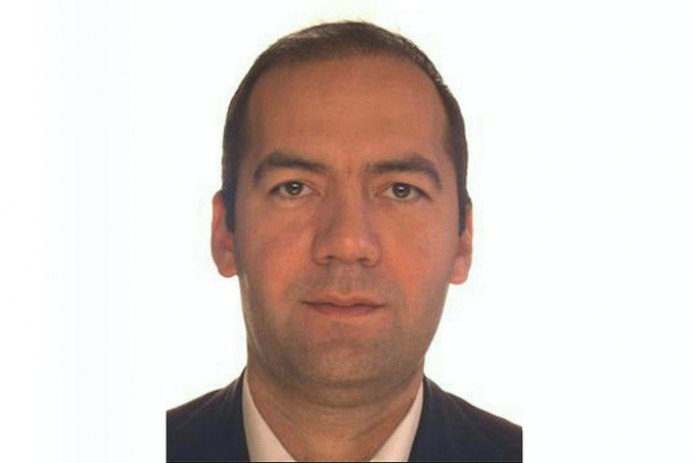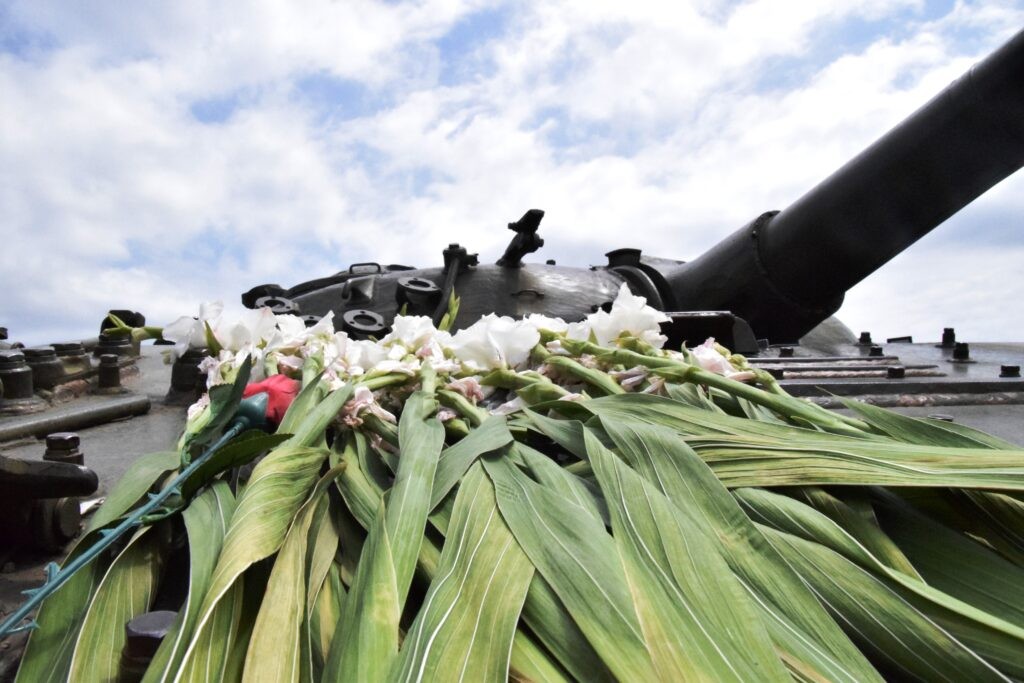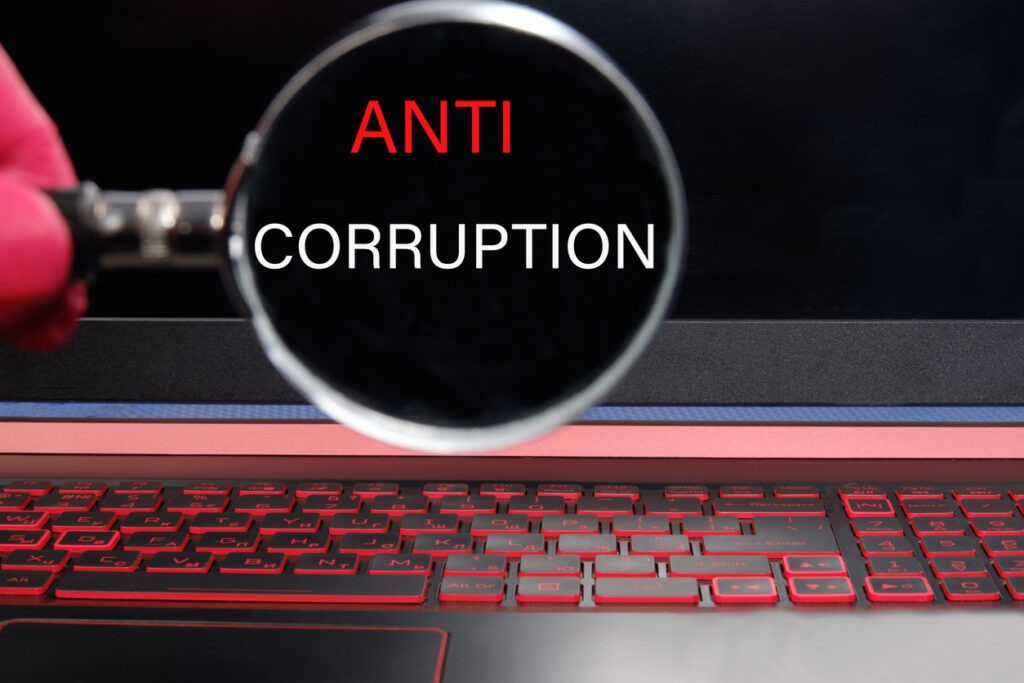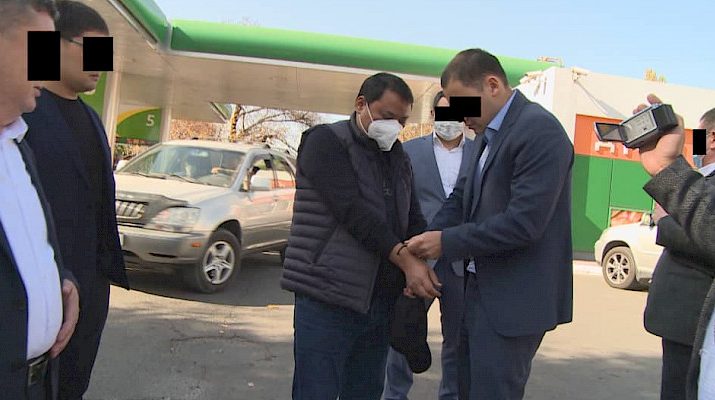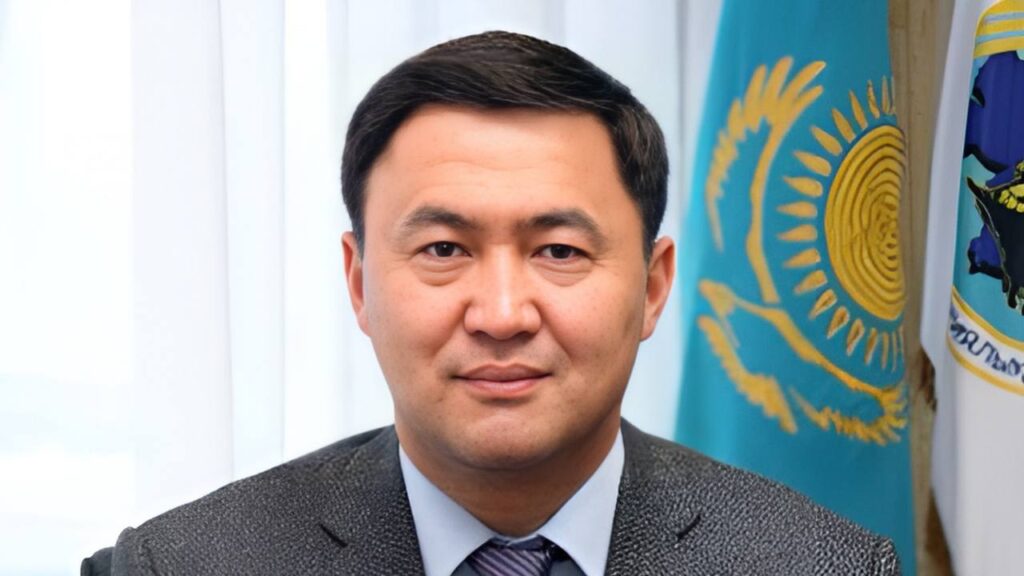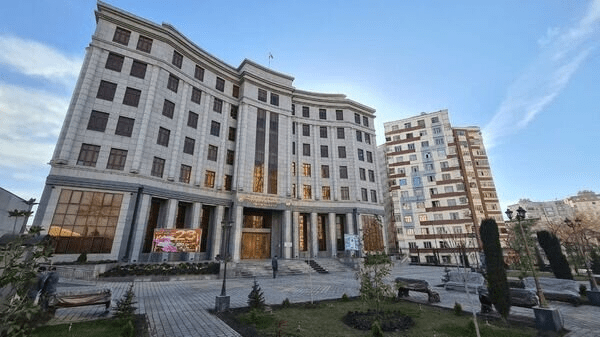Real Estate Worth $8 Million Found in Dubai Belonging to Son of Ex-Prosecutor General of Uzbekistan
The Organized Crime and Corruption Reporting Project (OCCRP) and 75 media partners worldwide have released an investigation, Dubai Unlocked, which uncovers the foreign owners of real estate in Dubai. According to the report, the son of former Uzbek Prosecutor General, Alisherbek Kadirov, has commercial real estate in Dubai with an estimated value of approximately $8 million. According to Gazeta.uz, the investigation is based on leaked data on real estate in Dubai from 2020 and 2022, mostly from the Dubai Land Department, as well as from state-owned utility companies. The authors note that they only included people whose identities are of public interest. "Among the participants of the list is one representative of Uzbekistan. This is Alisherbek Kadirov, son of former Prosecutor General Rashitjon Kadirov. In 2018, shortly after the detention of Rashitjon Kadirov, the Interior Ministry declared Alisherbek Kadirov a wanted man. According to the investigation, he owns four offices in the business center, Marina Plaza, the total cost of which is estimated at $ 7.97 million," stated the report. Rashitjon Kadirov headed the Prosecutor General's office of Uzbekistan from 2000-2015, and was then elected judge of the Constitutional Court (2015-2017). In February 2018, the initiation of criminal proceedings against him became known. In June 2019, he was sentenced to ten years imprisonment on charges of bribery, incitement to bribery, fraud, willful evasion of taxes and other mandatory payments, interference in investigation, and other crimes. He was released on parole in January 2023.
